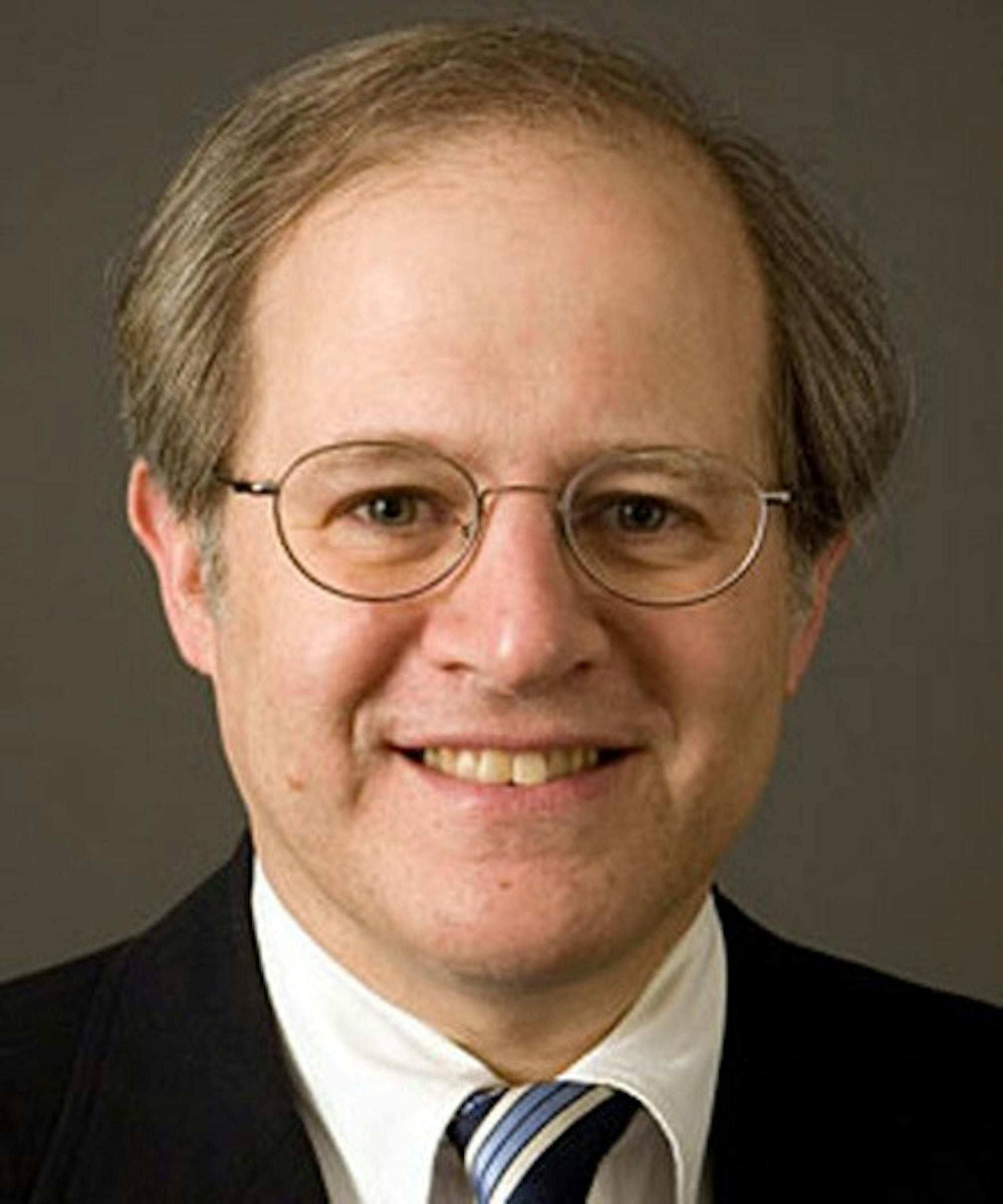Approximately 170,000 people are diagnosed with lung cancer each year, almost 90 percent of whom eventually die from the disease, Dmitrovsky said. This widespread "societal problem" motivates him to study the disease, he added.
Dmitrovsky's research centers on the use of non-classical retinoids -- synthetic and natural vitamin A derivatives -- to arrest the growth of lung cancer tumors. These retinoids activate pathways for the destruction of proteins that cause cancer cells to proliferate.
Dmitrovsky hopes that his work will eventually move beyond treatment of lung cancer to prevention, he said. His research could also apply to other forms of cancer, Dmitrovsky said, because these pathways appear to be generally activated in all cells.
Dmitrovsky and his team have conducted several Phase I trials, the first stage of testing a new medical treatment on humans. The team used non-classical retinoids in combination with other drugs to treat lung cancer patients for whom all other drug therapies have failed. The expected median survival of the selected patients was 6.5 months, but the observed median survival was over 14 months. The team is currently working on the next stage of human testing.
Decades of basic science research have identified "critical pathways" involved in the survival and growth of cancer cells that can be manipulated and targeted in the laboratory to kill these cells, Dmitrovsky said. His research aims to connect basic laboratory work on cancer cells with medical treatments of patients, he added.
"It's very important for us to recognize the pressing need to not only publish papers, but to have the published work impact human health and disease," Dmitrovsky said. "To see whether discoveries made in the lab can tangibly, directly benefit patients with cancer."
Sarah Freemantle, a member of Dmitrovsky's research team, agreed that this "bench to bedside" approach facilitates the development of more successful medical care.
"The current treatments are effective in only a small percentage of patients and even then the duration of that response is typically measured in months," said Freemantle, who is an instructor of toxicology and pharmacology at DMS. "Ethan has established a pipeline from the lab to the clinic to accelerate the discovery of new treatments."
In addition to being translational, Dmitrovksy said, the research is bidirectional, meaning the team cycles between clinical trials and refinements and laboratory work.
The team has prevented lung cancer in mice, for example, with the same drugs used to treat lung cancer in human patients, Dmitrovsky said.
Dmitrovsky emphasized that the ACS professorship recognized his entire research team and the College.
"This is a research award that would not have been possible without the extraordinary colleagues that I've met here at Dartmouth, and Dartmouth has been such a wonderful institution to conduct this work because of its core values of interdisciplinary collaboration between fields," Dmitrovsky said. "This is the essence of translational research."
The ACS gives Clinical Research Professorships to "mid-career investigators" who have contributed greatly to research in their field or are attempting to bridge the gap between basic research and clinical practice, according to the ACS website. This makes the grant different from most other ACS grants, which are given to researchers at the beginning of their careers, said Peter Davies, New Hampshire director of communications for ACS. The grant, which can potentially be renewed once, is the ACS national research program's most prestigious award, Davies said.




